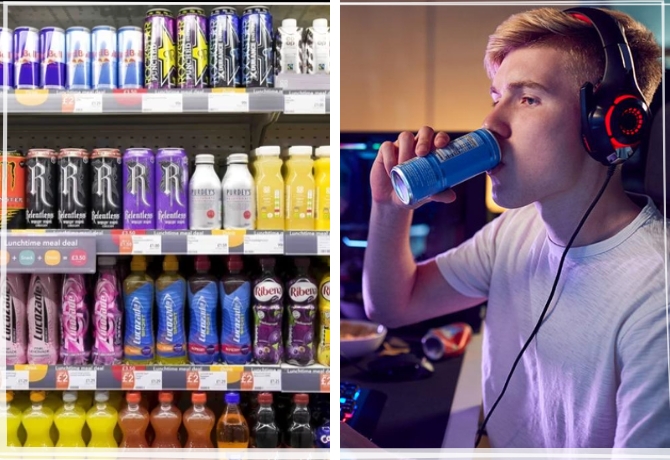Are energy drinks safe to consume?
Energy drinks have gained popularity in recent years as a quick way to boost energy and combat fatigue. However, it’s important to understand the potential risks associated with their consumption.
Energy drinks typically contain high levels of caffeine, along with other stimulants and additives. While moderate caffeine consumption is generally considered safe for most adults, excessive intake can lead to adverse effects such as increased heart rate, elevated blood pressure, insomnia, and nervousness. Individuals who are sensitive to caffeine or have underlying health conditions should exercise caution when consuming energy drinks.
Moreover, energy drinks often contain additional ingredients such as sugar, taurine, guarana, and herbal extracts. These ingredients, when combined with high caffeine levels, can have stimulating effects on the central nervous system. While the occasional consumption of energy drinks is unlikely to cause significant harm for most healthy individuals, excessive or regular intake can lead to negative health consequences.
Furthermore, energy drinks are not recommended for children, adolescents, or individuals with certain health conditions such as heart problems, high blood pressure, or caffeine sensitivity. Mixing energy drinks with alcohol or using them as a means to counter the effects of alcohol is particularly dangerous and can mask the signs of intoxication, leading to risky behaviors and increased health risks.
To make informed decisions about energy drink consumption, it’s advisable to consider the following:
- Read labels: Pay attention to the caffeine and sugar content, as well as any other additives or stimulants present in the energy drink.
- Limit consumption: Moderation is key. Limit your intake of energy drinks and consider healthier alternatives for boosting energy, such as regular exercise, balanced nutrition, and sufficient sleep.
- Understand your body’s response: Monitor how your body reacts to energy drinks and be aware of any negative effects. If you experience adverse reactions, it’s best to avoid or reduce consumption.
- Stay hydrated: Remember that energy drinks should not replace proper hydration with water. Drink plenty of water throughout the day to maintain optimal hydration levels.
- Consult with a healthcare professional: If you have any underlying health conditions or concerns about energy drink consumption, it’s advisable to consult with a healthcare professional who can provide personalized advice based on your specific circumstances.
In conclusion, while energy drinks can provide a temporary energy boost, their consumption should be approached with caution. It’s important to be aware of the potential risks associated with excessive intake and make informed decisions about their use based on your individual health needs and tolerance.










